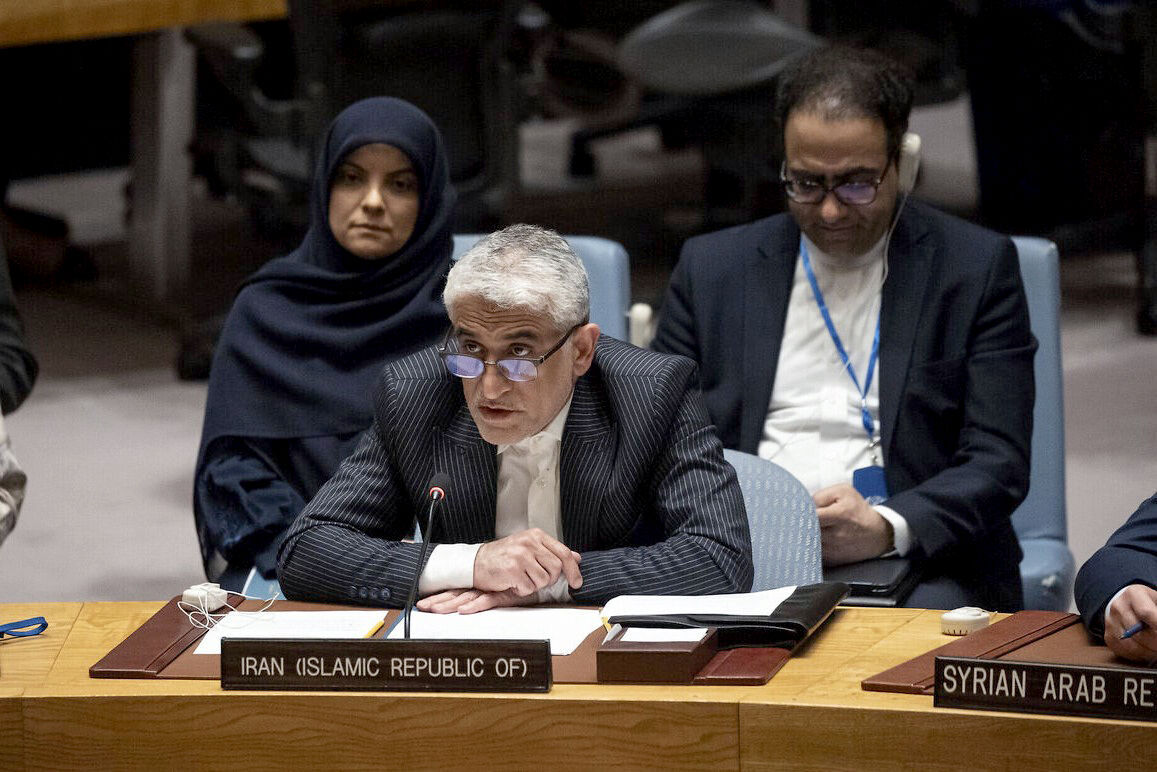
Similar Posts
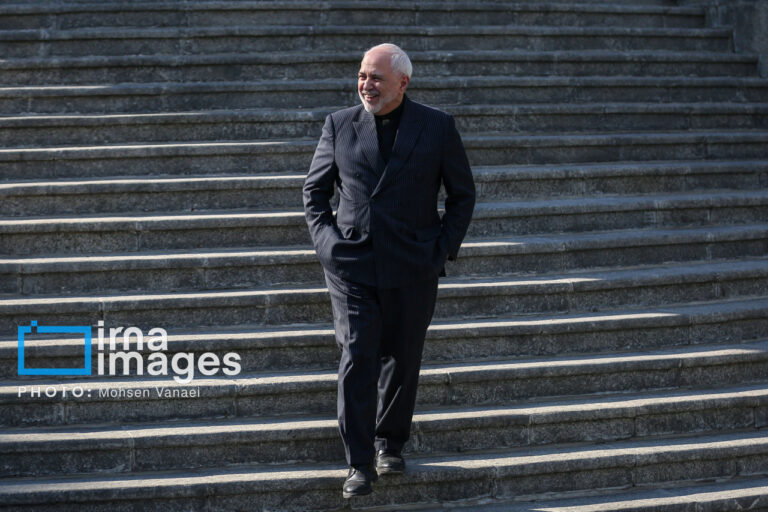
Iranian Reformist Backs Vice-President Zarif Amidst Intense Criticism
A leading Reformist, Rasoul Montajab-Nia, has defended Javad Zarif, Iran’s Vice-President for Strategic Affairs, amidst widespread criticism from conservative factions. Montajab-Nia expressed skepticism about the motives behind the attacks on Zarif, labeling them misguided and aimed at undermining influential leaders. He urged the Judiciary to address the insults directed at Zarif, emphasizing that disrespect is a crime. The backlash intensified after Zarif’s comments on women’s hair covering laws and his praise for President Pezeshkian’s foreign policy. Critics, particularly from rival Sa’eed Jalili’s camp, claim Zarif’s U.S.-citizen children disqualify him for sensitive roles, leading to protests and a growing parliamentary complaint against him.
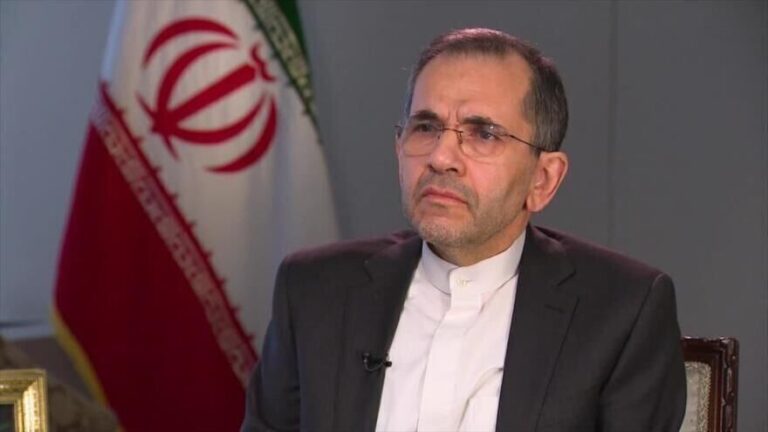
Pope Francis’ Bold Stand Against Injustice: A Legacy That Will Endure, Says Takht-e-Ravanchi
Deputy Foreign Minister Majid Takht-e-Ravanchi paid tribute to Pope Francis during a visit to the Vatican Embassy in Tehran, expressing condolences for the late Pope’s passing. He acknowledged Pope Francis’s significant contributions to global humanitarian efforts, particularly his advocacy for peace, unity, and dialogue among different religions. Takht-e-Ravanchi conveyed sympathy to the Vatican ambassador and Christians worldwide, emphasizing the Pope’s courageous stances against injustice and oppression. He signed a memorial book, reflecting sentiments from Foreign Minister Abbas Araqchi and the Iranian government, and highlighted that Pope Francis’s legacy will continue to inspire many in their pursuit of humanitarian causes.
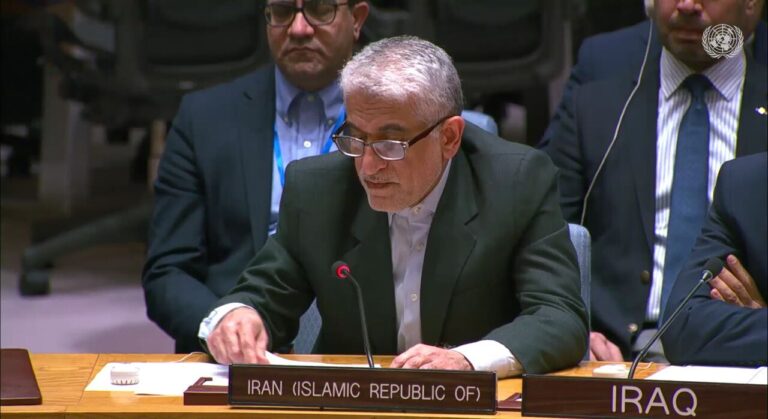
Iran Denies Violating U.N. Arms Embargo on Yemen: Strong Rebuttal to Allegations
During a U.N. Security Council meeting, Iran’s Ambassador Amir-Saeid Iravani rejected allegations of Iran violating the U.N. arms embargo on Yemen. Speaking at the session on maritime security, he emphasized the importance of freedom of navigation and criticized threats like piracy and cyberattacks. Iravani condemned unilateral measures, particularly U.S. sanctions, claiming they hinder maritime stability. He also dismissed accusations from U.S. and Israeli representatives as politically motivated. He called for addressing root causes of instability in the Red Sea, linking them to Israeli actions in Gaza. Iravani reaffirmed Iran’s commitment to international maritime law and cooperation.
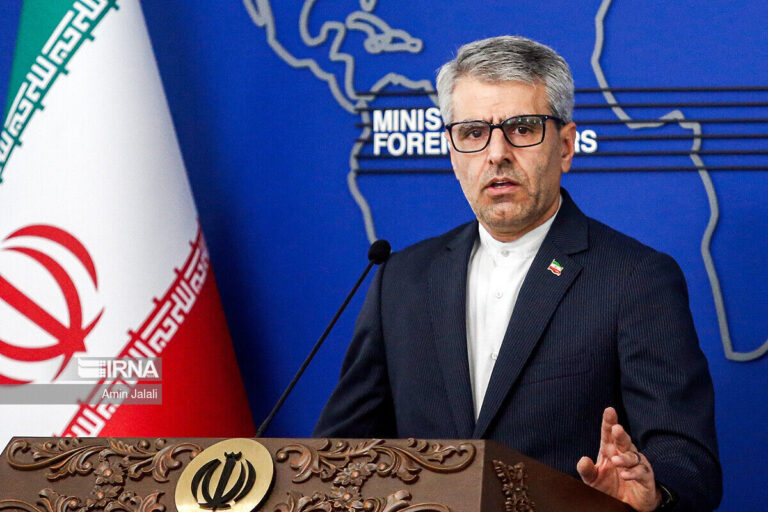
Iran Keeps a Close Eye on Netanyahu’s Washington Visit: Implications for Regional Stability
Iranian Foreign Ministry spokesman Esmail Baghaei expressed vigilance regarding Israeli Prime Minister Benjamin Netanyahu’s recent Washington visit, citing concerns over regional stability and Palestine. During a press conference, he outlined Iran’s focus on monitoring the implications of Israeli developments, emphasizing cultural ties during Foreign Minister Abbas Araghchi’s visit to Kabul. Baghaei affirmed Iran’s support for a Syrian government reflecting the people’s will and criticized Sweden for deporting prayer leader Mohsen Hakim Elahi. He also condemned ongoing violence in Gaza and called for international accountability, while indicating Iran’s willingness to negotiate sanctions if beneficial for its interests.
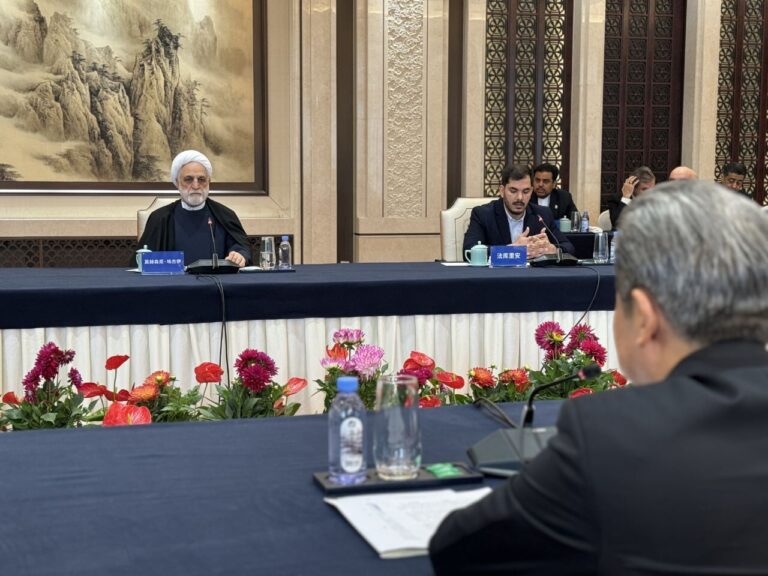
Iran-China Strategic Partnership: Judiciary Chief Highlights Key Role in Strengthening Bilateral Relations
Iran’s Judiciary Chief Gholam-Hossein Mohseni-Ejei is in China to enhance Iran-China relations, focusing on political, executive, and judicial collaboration as outlined in a 25-year strategic cooperation document. Attending the 20th Meeting of Chief Justices of the Shanghai Cooperation Organization, he discussed commitments to regional stability, opposing unilateralism and terrorism, and emphasized Iran’s efforts in national security. Mohseni-Ejei expressed optimism about strengthening Tehran-Beijing ties, highlighting the importance of judicial cooperation. His visit reflects Iran’s proactive strategy in fostering international partnerships, particularly in the judicial sector, and a shared commitment to collaboratively addressing global challenges.
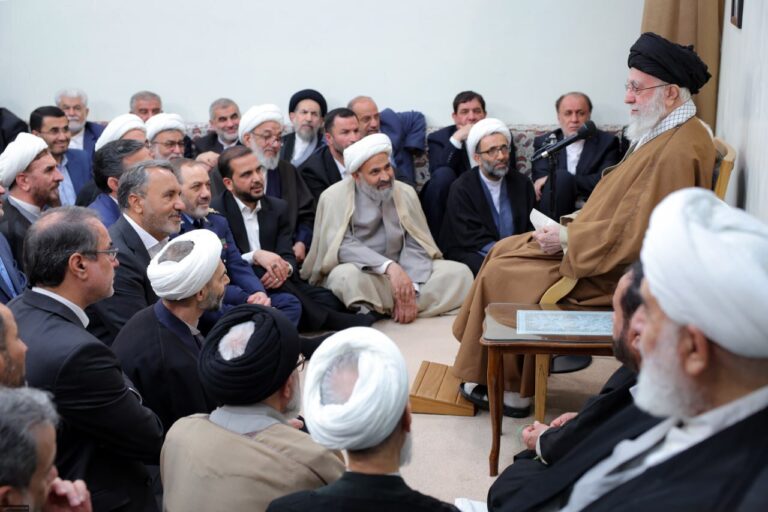
Leader Shares Unfiltered Insights on Iran-US Indirect Talks: What It Means for Diplomacy
The ongoing negotiations in Oman signify a crucial moment in Iran-U.S. diplomatic relations, as highlighted by Ayatollah Khamenei during a meeting with Iranian officials. He expressed a cautious outlook on the talks, which focus on U.S. sanctions and Iran’s nuclear policies, stressing the need to avoid past mistakes like those related to the 2015 JCPOA. Khamenei emphasized Iran’s resilience and capabilities while rejecting speculation that discussions would cover issues beyond sanctions. The current talks reflect the complexities of international diplomacy as Iran seeks stability amid ongoing U.S. pressure and military threats, with the outcome of these negotiations closely watched.